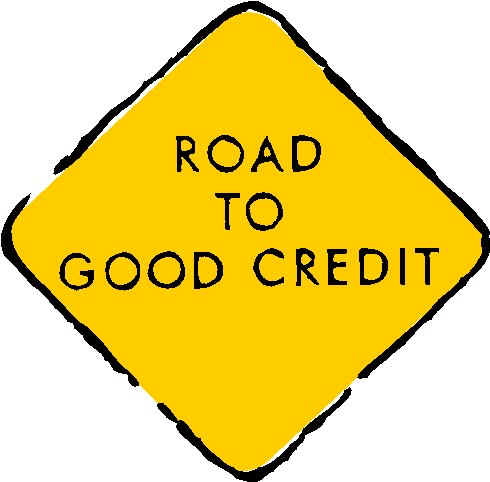How To Fix Your Credit Score
Canada’s household debt continues to hit extreme levels, but for some people the damage may have already been dealt.
Tom Higgins, vice-president of analytics and decision services for TransUnion, one of the two credit bureaus in Canada, says the average credit score for Canadians dropped during the recession with residents forced to rely on more credit. It’s now only starting to tick up, he added.
If your credit score is in the dumps, you might find some unpleasantly high interest rates on your next loan or you won’t even be lent the money.
It’s no easy feat, but here are some tips offered by Michele Cacdac-Jones from Equifax and Scott Hannah, CEO and President of the Credit Counselling Society, a non-profit organization, on how to fix your situation.
 1. Check your credit report. Make sure the report is accurate. Have Equifax or TransUnion mail you a free report and verify the information at least once a year. If you think there might be a mistake on your report, don’t be afraid to have your credit report investigated.
1. Check your credit report. Make sure the report is accurate. Have Equifax or TransUnion mail you a free report and verify the information at least once a year. If you think there might be a mistake on your report, don’t be afraid to have your credit report investigated.
2. Be upfront with your creditors. It’s instinct for some people to shut down when they’re dealt a huge problem. For some people once they run into problems with a financial institution they’re afraid to pick up the phone. If you stop communicating with your financial institution, it could take longer for your bad habits to be wiped off your credit report.
3. Properly manage your bank account. Avoiding NSF cheques and constantly being in overdraft will help improve your score.
4. Keep your balance low on credit cards and any other revolving credit. Many people who need credit counselling usually have about seven credit cards with active balances that comes to about $25,000 to $40,000 worth of debt, says Hannah. Instead, he suggests consumers only carry two credit cards: one with a smaller limit that they regularly shop with and one with a larger limit that typically stays a home.
5. Understand that there isn’t a quick fix. If you’ve seen an ad saying you can pay someone to fix your score by negotiating with the creditor, don’t believe it. The information that affects your credit score stays on your report for multiple years depending on what province you live in. Credit transactions, judgments, collections, secured loans and bankruptcy impacts your score for five to seven years, except in PEI where that information stays on your report for seven to 10 years. Meanwhile, credit counselling, registered consumer proposal and orderly payments of debt stays on your report for about two to three years. Make your bill payments on time and after a few years of good behavior your bad behavior will have less of an effect on your score.
6. Talk to someone. It can be a little daunting and uncomfortable, but there’s no shame in getting help. If your debt and spending is spiralling out of control, talk to someone on how you should go about remedying your situation. Credit Counselling Canada is a non-profit organization that can put you in touch with counsellors across the country.
7. Learn how to avoid it from happening again. In many cases, individuals who run into credit issues are typically living beyond their means. Hannah suggests consumers have an emergency savings account with three months of living expenses rather than an emergency line of credit. If you ran into a period of large debt and remedied the situation, you can include a statement on your credit report detailing the circumstances.
Courtesy: Moneysense.ca
